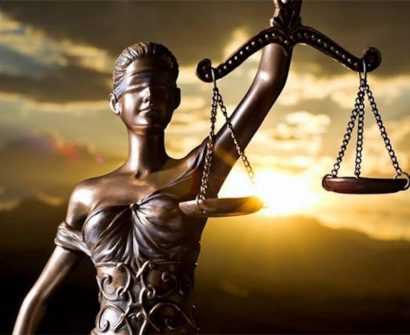
In relation to the office of profit granted by article 102 of the indian constitution, this is a historic case. On May 8, 2006, Y.K. Sabharwal Cji, C.K. Thakker, and R.V. Raveendran, a three-judge bench, rendered a decision. Jaya Bachchan, the petitioner, filed a civil writ suit against the defendants, Union of India & Ors., before the supreme court. contesting her expulsion from the Rajya Sabha council.
jaya bachchan vs union of india Case Facts
- The petitioner in this case, Mrs. Jaya Bachchan, was named by the Uttar Pradesh government to serve as the chair of the Uttar Pradesh Film Development Council. The petitioner was approved for this appointment, which took place by formal memorandum, and they were given Cabinet Minister status.
- The petitioner received several perks as a result of her work, including a monthly honorarium of Rs. 5000, a daily allowance of Rs. 600 for expenses inside the state, and Rs. 750 for expenses beyond the state. She also had a monthly allowance of Rs. 10,000 for entertainment expenses.
- In addition to receiving financial benefits, she also received a staff car with a driver, telephones for both her home and office, a personal assistant, a personal secretary, and two Class 4 employees. In addition to free lodging and medical care for her and her family, she also received a night escort and a bodyguard. In addition, she received complimentary lodging in Government Circuit Houses and Guest Houses as well as other hospitality benefits while on tour.
- The election commission of india declared that the petitioner’s position as chairperson of the Uttar Pradesh Film Development Council is an office of profit according to the Government of Uttar Pradesh and could be considered for the purposes of Article 102(1)(a) of the Indian Constitution, disqualifying the petitioner, based on these facts and the laws pertaining to disqualifications of a member of parliament.
- The Commission further considered the fact that the petitioner’s disqualification is legal because the aforementioned office did not belong under the list of exempted offices under Section 3 of the Parliament (Prevention of Disqualification) Act, 1959.
- An order was given on March 16, 2006, based on the authority granted to the President under Article 103(1) of the Indian Constitution, declaring the petitioner ineligible to serve as a member of the Rajya Sabha beginning on July 14, 2004. Following a review of the Election Commission of India’s opinion, the president issued this order.
- Thus, the petitioner filed an appeal with the Apex Court about the disqualification order, arguing that it was invalid.
jaya bachchan vs union of india Issues
- Is it necessary to understand someone’s holding of a “office of profit” realistically?
Contentions by the Parties
- The petitioner argues that her disqualification was unconstitutional because the election commission of india could not have shown that she had received any money or financial benefit from the State Government, and as a result, she could not be considered to hold any position of profit under the State Government.
- The petitioner also cited Biharilal Dobrav v. Roshanlal Dobrav, citing Divya Prakash (supra), with approval, holding that a candidate cannot be considered to be holding an office of profit when they are appointed in an honorary capacity without receiving any compensation, even though their post does carry compensation.
- As a result, they are not disqualified under article 191 1 a of the constitution.
jaya bachchan vs union of india Judgment
- It is well-established that an office will be profitable even if the holder decides not to accept or draw such emoluments provided the position carries with it certain benefits or the appointment order specifies that the person appointed is entitled to certain benefits.
- Not whether financial gain is actually obtained or gained insignificantly, but rather whether it is “receivable” in relation to the office, is what matters.
- The petition is dismissed since it is irrelevant whether the petitioner truly made any financial gains.
The writ petition was dismissed because the Supreme Court determined it lacked merit. The Supreme Court is asked to decide whether it is necessary to interpret someone who has a profit-making position realistically when discussing the matter. According to the Supreme Court, an office of profit is one that has the potential to generate financial advantage or profit. The office will be considered an office of profit for the purposes of Article 102(1)(a) if it brings with it, or entitles the holder to, any financial gain other than actual expenses.
With the goal of giving students the best coaching available for law entrance exams including the CLAT, AILET, and various other numerous state judiciary exams, Jyoti Judiciary Coaching, India’s Finest educational Platform, was established. Come enrol now with Jyoti Judiciary!
For any latest news, legal topics, judiciary exams notifications, patterns, etc watch Jyoti Judiciary’s YouTube channel for legal videos for any updates at https://youtube.com/@jyotijudiciarycoaching4852?si=2cwubh9d2A9urwJf








